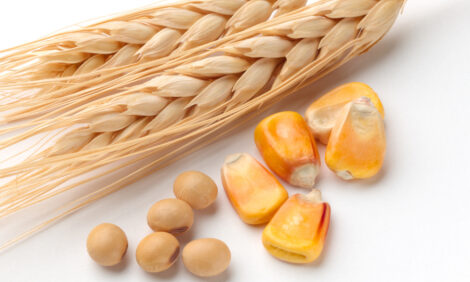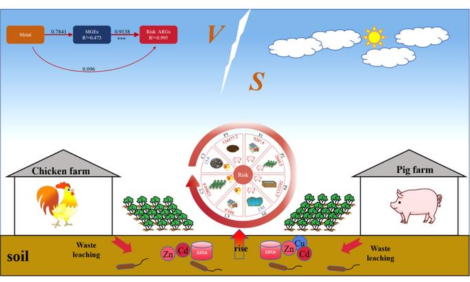



Selection And Breeding Using Polymorphism Of Milk Proteins
Polymorphism of milk proteins in big ruminants causes significant research interest, mainly directed to their evolution, population investigations, breeding and hybridisation.Last year, the Bulgarian Academy of Sciences examined the genetic variants of milk proteins influence on quantitative and qualitative milk traits and their technological properties.
The specific proteins in cow milk include four caseins – αs1-, αs2-, β- and κ-casein and two whey proteins – α-lactalbumin and β-lactoglobulin and each of them is presented with at least two genetic variants.
Genetic variants of milk proteins differ from each other with one or more aminoacid residues in their polypeptide chains. These differences due to single nucleotide polymorphisms (SNPs) in encoding genes. A lot of methods exist for genotyping of known polymorphisms and one of the most often used and applied is PCR-RFLP assay.
The method is based on multiplying of particular DNA fragment which includes polymorphic site using PCR reaction and after that restriction of already amplified fragment with specific endonuclease.
Different alleles of particular gene can be defined through electrophoretic separation of restriction fragments and in dependence of that if there is or isn’t specific restriction site for the enzyme.
The actuality of such investigations is confirmed by big number literature data about the influence of genetic variants of αs1-casein, κ-casein and b-lactoglobulin on quantitative and qualitative milk traits and its technological properties, which is connected with the present requirements of milk industry.
Results from most of the publications show that B allele of κ-casein gene (CSN3) towards A allele is connected with higher milk production, higher contents of proteins and better technological properties of the milk (decreasing of coagulation time, forming of harder and thicker curd, higher cheese production).
Researches on αs1-casein locus (CSN1) polymorphism determine domination of B allele of the gene in accordance with milk production and protein content of the milk. It is found positive influence of B allele of β-lactoglobulin gene (LGB) on fatty contents, milk butter, contents of casein and total protein in milk.
Analysis of milk proteins polymorphism of cow accentuates the influence of their genetic variants on quantitative and qualitative milk traits and its rheological characteristics. That gives opportunity to prognosticate and control wanted indexes and features through selection and reproduction of dairy cattle.
Consequently milk proteins polymorphism can be used as additional criterion for selection and breeding of dairy cows. Usage of genetic markers for farm animals is reliable and economically effective selection approach for animals with wanted characteristics in the earliest age.
Priority of usage of genetic markers in dairy cattle breeding is connected with accelerating of selection process, increasing quality and quantity of farm production and competitive power also at world markets.


